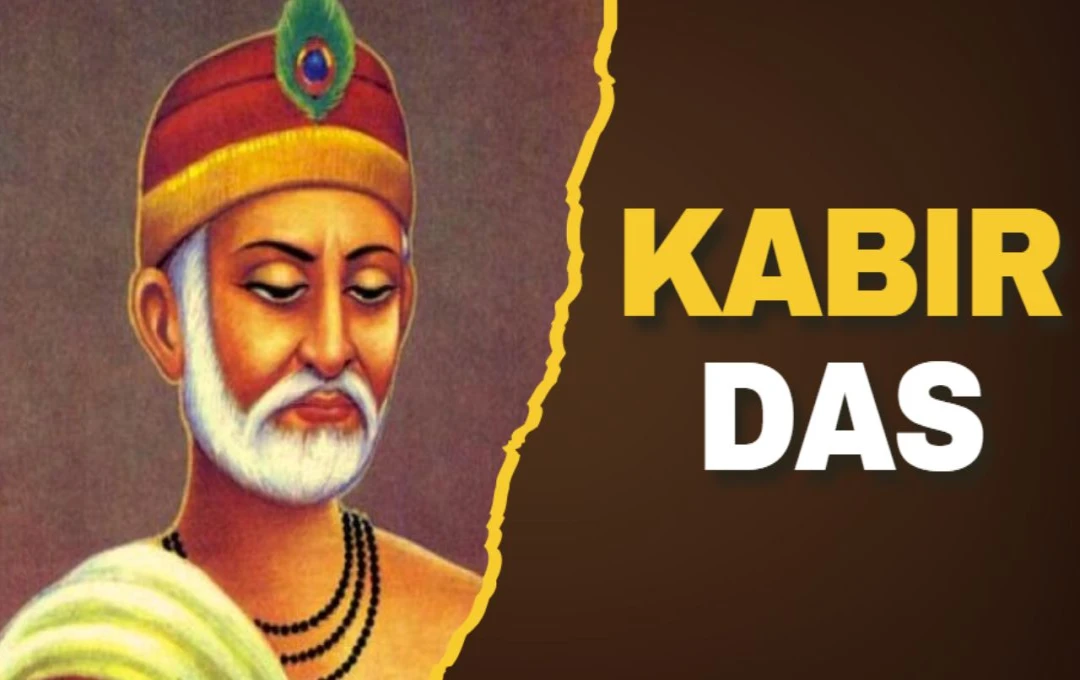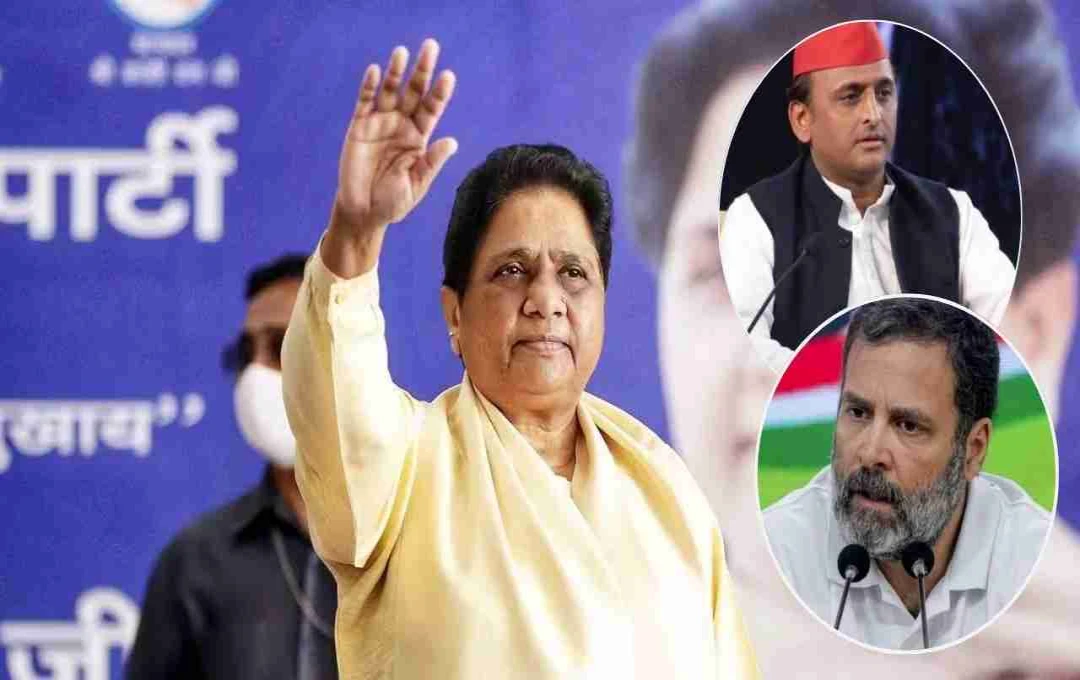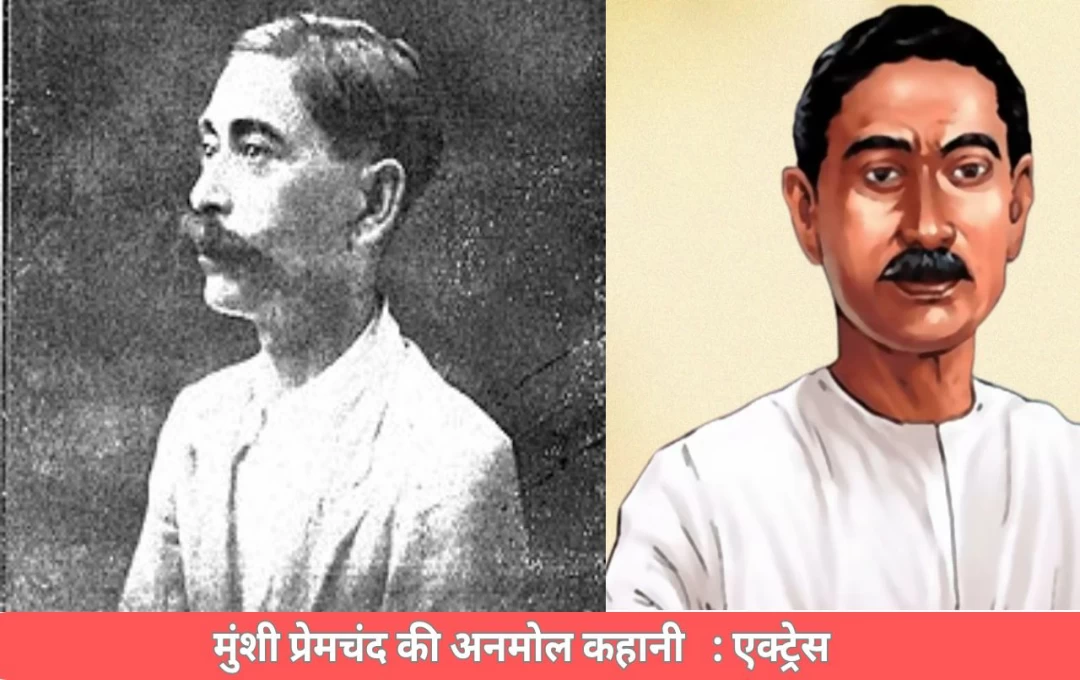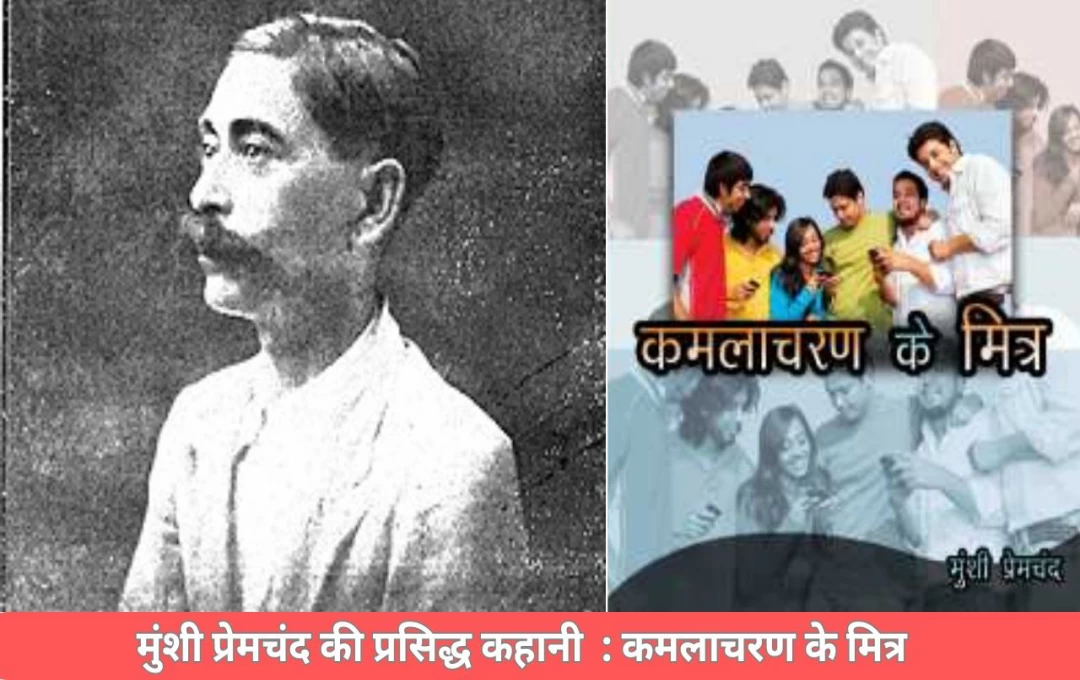Kabirdas was a great saint and poet of the 15th century who raised his voice against caste, religion, and superstition. His couplets and teachings, in simple language, show the path of life and the soul. His message continues to inspire humanity, devotion, and dedication to God even today.
Kabir Das: Indian society has witnessed saints and great souls for centuries who have not only guided spiritual life but also raised their voices against social evils and superstitions. One such great soul was Kabirdas, whom we often know only as a poet or saint. Kabirdas was a great mystic saint and poet of the 15th century, believed to have been born in 1398 AD in Kashi. His works and teachings continue to provide new consciousness and spiritual direction in society even today.
Kabirdas's Life and Birth
Kabirdas was born in the Lahartara lake in Kashi. According to traditions, Kabir appeared on a lotus, and a couple named Neera-Neema raised him. From childhood, Kabir's life was not ordinary. He earned his living by working as a weaver. There were 52 attempts to kill him in his life, but none succeeded. Such events testify to his miraculous and divine nature.
Kabir's birth was not only in physical form, but his consciousness and knowledge gave him the form of complete Brahman. His followers celebrate his birthday as Kabir Saheb Pargat Diwas.
Kabirdas and His Guru Ramananda
Kabirdas considered Saint Ramananda as his guru to gain spiritual guidance. According to the story, Kabir assumed the form of a two-and-a-half-year-old child in front of Ramananda Ji. Ramananda Ji picked him up and ordered him to chant Ram's name. After this, Ramananda Ji initiated Kabir and stopped hating lower castes. This event is not only a symbol of his spiritual knowledge but also points towards social harmony.
Social Reform and Struggle Against Evils
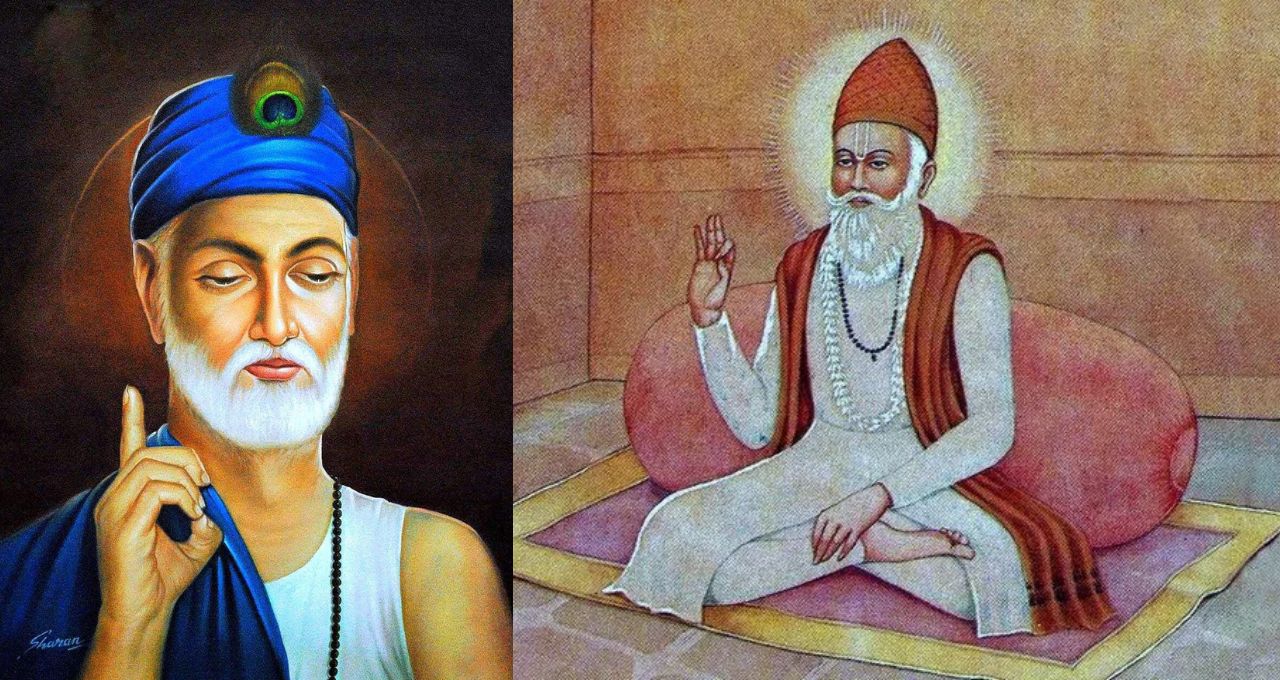
Kabirdas raised his voice against superstition, hypocrisy, rituals, and casteism prevalent in society during his lifetime. He said that God is one and all human beings are his children, so it is inappropriate to discriminate based on any caste or religion.
During Kabir's time, pundits and maulvis conspired to demean him. A famous incident is of the divine Dharma Yagya, in which millions of people gathered at his Bhandara (community feast) in Kashi. The materials and food for the Bhandara were sufficient for three days. It is said that all this was the play of God, and after this, many people were influenced by Kabir's knowledge.
Language and Literature
Kabirdas's language was extremely simple, lively, and understandable to everyone. His language had a mixture of words from various dialects of Hindi – Rajasthani, Punjabi, Haryanvi, Brajbhasha, and Awadhi. His verses, Sakhis, and couplets were written in this mixed language so that his message could easily reach the common people.
His major works are:
- Kabir Sakhi: In this, Kabirdas has presented the essence of the knowledge of the soul and the Supreme Soul through couplets and Sakhis.
- Kabir Bijak: This is a text compiled by his disciple Dharmadas, which includes poetry, Ramaini, Sabad, and Sakhi.
- Kabir Shabdaavali: In this, information about the soul and the Supreme Soul is expressed in his invaluable words.
- Kabir Dohawali: This is a collection of his famous couplets.
- Kabir Granthavali: This includes his verses and couplets.
- Kabir Sagar: This is the subtle Veda in which detailed knowledge of the Supreme Soul is given.
Kabirdas himself was not literate. His couplets and verses were compiled by his disciples, especially Dharmadas and Bhagodas. His 226 couplets are also included in the major scripture of Sikhism, “Shri Guru Granth Sahib.”
Kabir's Thoughts and Religious Perspective
Kabirdas made it clear in his life and works that only devotion and knowledge are necessary for salvation and attainment of God, not rituals or worship.
He said:
- Nothing is achieved by idol worship.
- Rituals, Roza, Eid, temples, or mosques are not a guarantee of salvation.
- The Supreme Soul is one, and people of all religions are equal to him.
Kabirdas emphasized adopting the path of non-violence, truth, and virtue. He considered simple living, a calm mind, and devotion paramount.
Major Couplets and Their Meanings
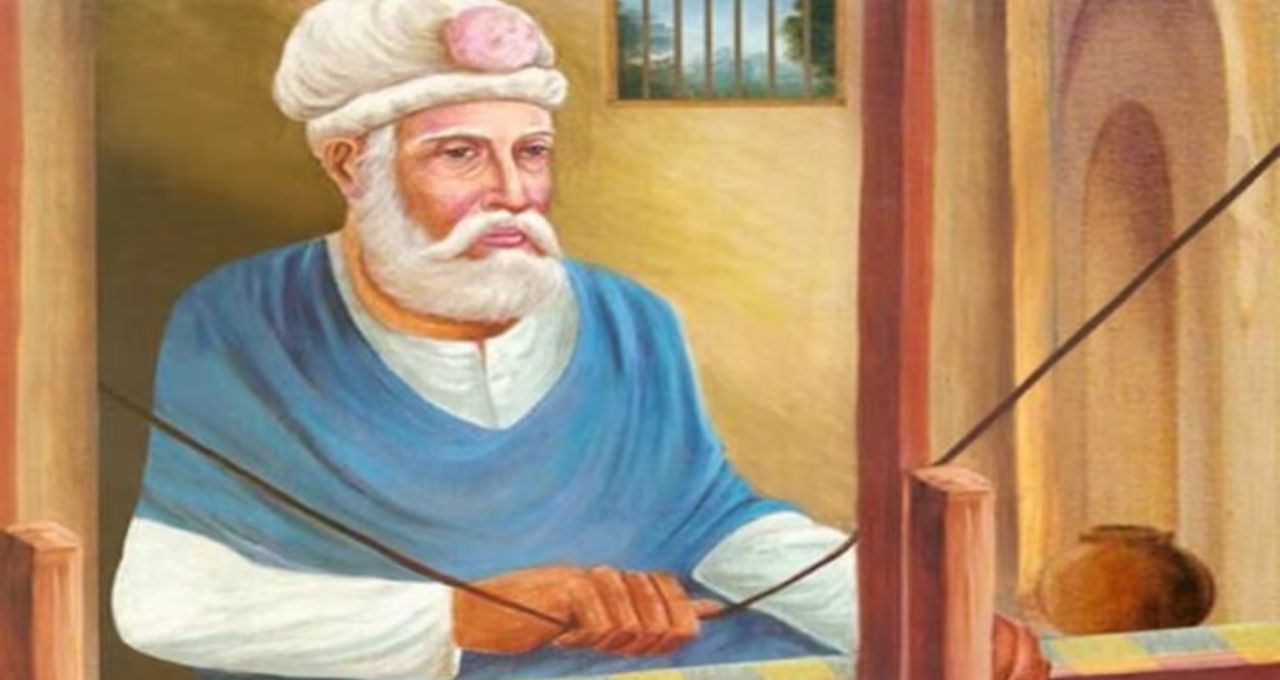
Kabirdas's couplets present the essence of his life and philosophy.
- Bada hua to kya hua jaise ped khajur, Panchhi ko chhaya nahi fal laage ati door.
Meaning: Position, prestige, or external power is valuable only when it is beneficial to others. - Jaati na poocho sadhu ki, pooch lijiye gyan. Mol karo talwar ka, padi rehn do myan.
Meaning: True value and respect are in knowledge and virtue, not in birth or caste. - Mala ferat jug bhaya, phira na man ka pher. Kar ka manka daar de, man ka manka pher.
Meaning: Just doing external actions is not enough. It is necessary to change the mind. - Manush janam durlabh hai, mile na barambaar. Tarvar se patta toot gire, bahuri na lage daar.
Meaning: Human life is precious. It should not be wasted. - Pani kera budbuda, as manas ki jaat. Ek dina chhip jaega, jyon tara parbhaat.
Meaning: Life is ephemeral. One should engage in devotion and good deeds while there is still time.
Kabirdas's Social and Religious Contribution
Kabirdas's message has always been associated with social and religious reform. He broke down the walls of caste, religion, and social discrimination. According to him, all human beings are equal, and only true knowledge and devotion can lead to God.
Kabirdas considered humanity and ethics paramount in his life. He taught people to live a simple life, renounce ego, and walk on the path of love, tolerance, and cooperation.
Kabirdas's Global Significance
Kabirdas's teachings were not limited to India. His couplets and verses have been translated into various languages of the world. Rabindranath Tagore translated his couplets into English and gave them global recognition. His messages continue to establish ideals of humanity, non-violence, equality, and devotion even today.
Kabirdas was not just a saint or poet, but a teacher of humanity and society. His teachings are still relevant today. He raised his voice against caste, religion, superstition, and hypocrisy. His couplets, Sakhis, and Bijak show us the simple, true, and God-oriented path of life. Kabirdas's message is – free yourself from Maya and worldly entanglements, know the soul through Satsang and devotion, and meet the Supreme Soul.
